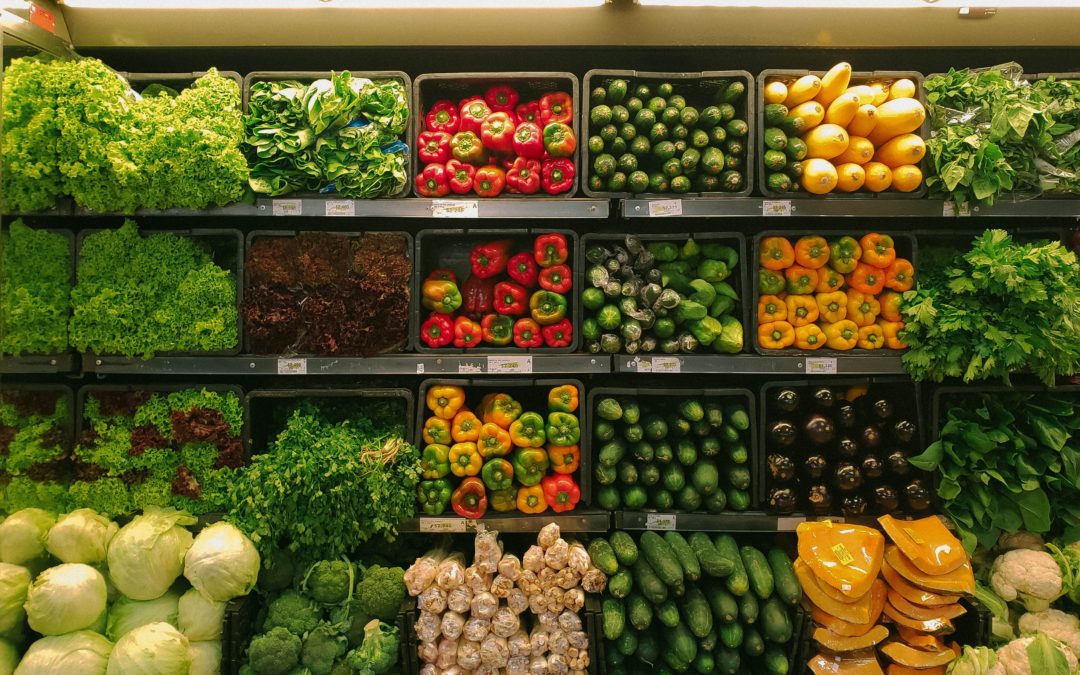Most of us can identify with the feeling of purchasing food at the grocery store and forgetting to eat it until it was too late. Unfortunately, forgetting food leads to an enormous amount of food waste, creating higher costs for companies, consumers and the environment.
This issue could now be alleviated, thanks to a company named NanoPack. This company is experimenting with food-safe film that will extend the shelf life of foods through the use of nanomaterials, leading to higher convenience and savings for the consumer and producers alike.
In tests, NanoPack found that their film could extend the shelf life of bread for three weeks. It also showed that the lives of cherries and yellow cheese could be extended by up to 40 percent. This additional time on shelf could offer huge savings to consumers who may not anticipate life events getting in the way of their cooking. It benefits single individuals who may not be able to consume large quantities of food before it spoils. Extending a food’s shelf life also reduces the waste that companies must produce in order to get the food on the shelves in the first place.
NanoPack’s innovative food film works by using both antimicrobial nanomaterials and essential oils. The combination of these two elements aids in slowing the development of bacteria on food which leads to rotting and decay. The essential oils used are developed from oregano and thyme, making it safe for consumption. This is important, as leery consumers may not be excited about consuming experimental food preservation materials. NanoPack ensures that all of their films are safe for all.
While the film has shown initial promise extending the shelf life of bread, cheese, and cherries, NanoPack has high hopes that their film will prove efficacious on many other foods too. Such an advance across the industry might decrease the need for our reliance on preservatives. And while preservatives hold an important place in food production today, their removal would mean fewer problems for the more sensitive and allergenic among us.
NanoPack says that it will take at least another year or two to fully develop its shelf-life-increasing film. However, they are already testing it on other foods, and the product shows quite great promise for consumers and producers alike.

